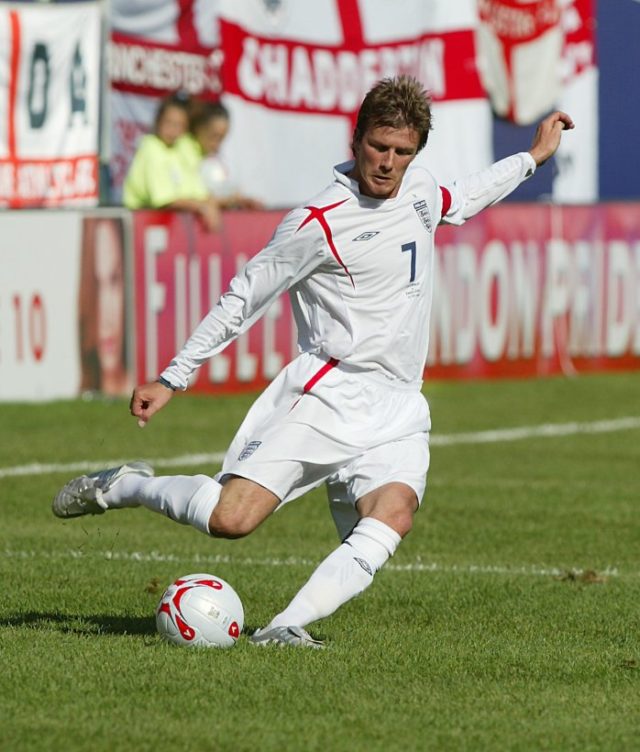May 7 (UPI) — For most professional soccer players, a penalty kick should be automatic. But on the biggest stage, when the pressure is on, the best players in the world sometimes choke.
To find out why, scientists analyzed brain activity during both successful and failed penalty kicks.
Their findings, published Friday in the journal Frontiers in Computer Science, showed football players — as they’re called in most parts of the world — activated the part of the brain used for longterm thinking during missed penalties tries, suggesting a link between overthinking and choking.
The history of European football is littered with infamous missed penalties.
One of the greatest comebacks of all time, Liverpool’s comeback win against A.C. Milan in the 2005 Champions League Final — down 3-0 at halftime — might not have happened if it wasn’t for a missed penalty by Ukrainian striker Andriy Shevchenko, one of the most prolific scorers of all time.
England’s national team has been especially snake bit at the penalty spot. Since FIFA adopted the penalty shootout in 1978, England has lost six of nine shootouts — three at World Cups and three at European Championships.
Tied after extra time against Portugal in the quarterfinals of the 2004 Euros, England’s team captain and world superstar David Beckham infamously began the shootout by slipping as he made his attempt.
“How can it be that football players with a near perfect control over the ball — they can very precisely kick a ball over more than 50 meters — fail to score a penalty kick from only 11 meters?” study co-author Max Slutter asked in a press release.
“Obviously, huge psychological pressure plays a role, but why does this pressure cause a missed penalty? We tried to answer this by measuring the brain activity of football players during the physical execution of a penalty kick,” said Slutter, a doctoral student in electrical engineering, mathematics and computer science at the University of Twente in the Netherlands.
For the study, Slutter and his research partners had 22 volunteers take penalty kicks while sporting a headset that used functional near-infrared spectroscopy, or fNIRS, to measure brain activity.
The volunteers kicked their penalties under various levels of pressure: first with an empty net, later facing a friendly goalie and finally against an aggressive, distracting net minder with a prize on the line.
“We found that players who were able to perform under pressure activated task-relevant areas of the brain,” said co-author Nattapong Thammasan, postdoctoral researcher at the University of Twente.
“For example, increased activation of the motor cortex was related to performing under pressure. This seems logical, as movement is one of the most important elements when taking a penalty,” Thammasan said.
In the brains of volunteers who were more nervous and missed penalties under pressure, scientists noted heightened activity in the pre-frontal cortex, a region responsible for long-term thinking.
The findings suggest overthinking — perhaps contemplating the consequences of failure — can lead to poor performances at the penalty spot.
Researchers estimate professional athletes could use fNIRS headsets to train themselves to avoid overthinking and to activate regions of the brain linked with performance under pressure.
The technology could even be utilized by other professions that must perform under pressure, like a brain surgeon, the researchers said.

COMMENTS
Please let us know if you're having issues with commenting.